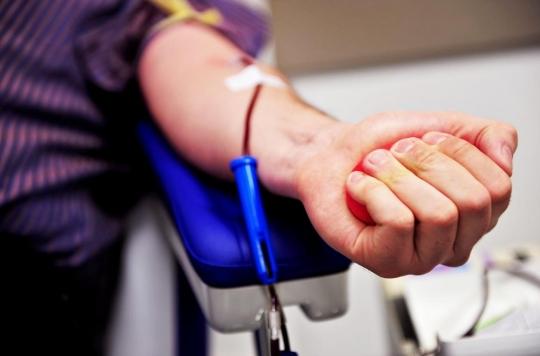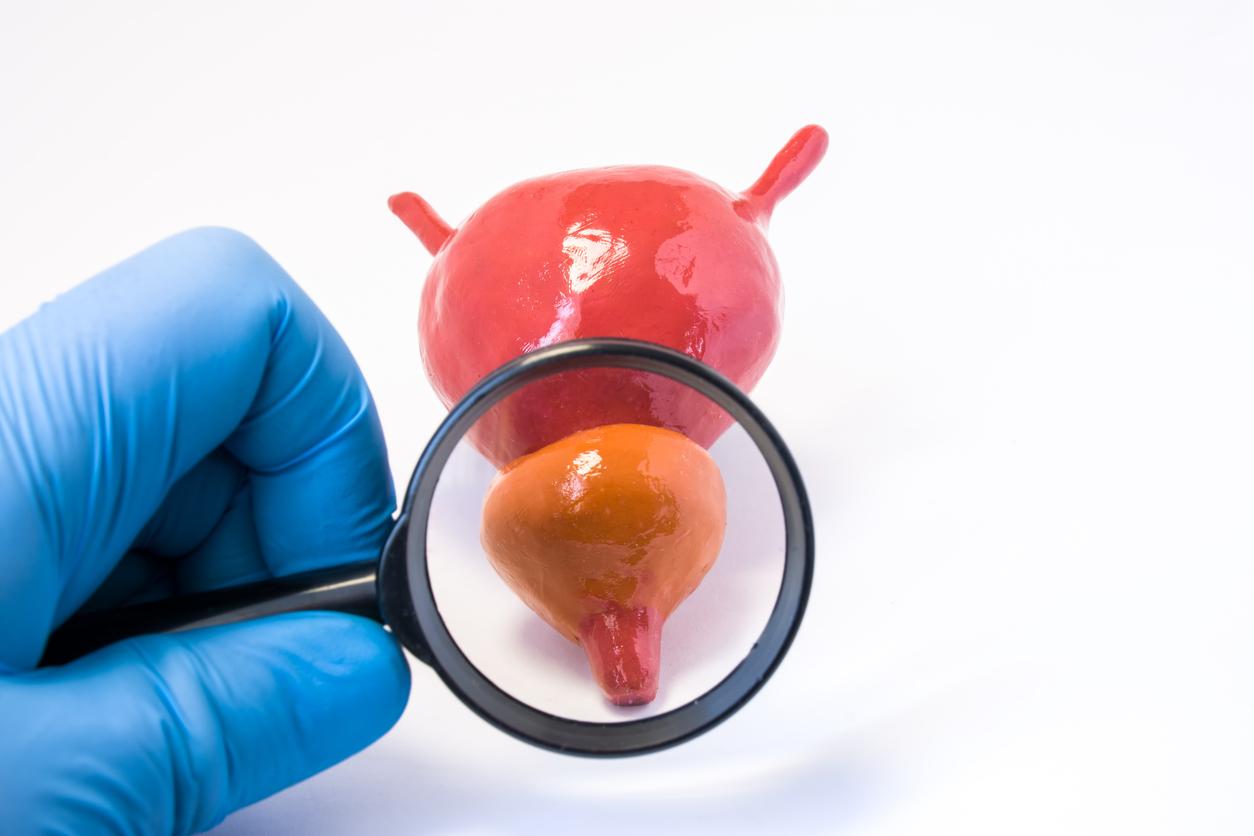The Institut Pasteur has developed a serological test “capable of specifying the degree of immunity of patients cured of the coronavirus”, reveals Liberation on Monday April 27. Once accessible to the general public, this test could help to better control the deconfinement phase.

- A test allowing to know its degree of immunity was developed by Pasteur
- It measures the ability of antibodies to inhibit virus entry into a cell
- This test could soon be accessible for individuals
Here is finally some good news. With the date of May 11 fast approaching, post-lockdown should be facilitated by the development of a “serology test capable of specifying the degree of immunity of patients cured of CoV2“, announcement Release Monday, April 27. Tested for the first time as part of the Institut Pasteur study on the Jean-Monnet high school in Crepy-en-Valois (Oise), this test could be accessible to individuals very soon. After which, this tool could help to better manage the deconfinement phase.
Unlike existing serological tests which only detect the presence of antibodies in the body after a coronavirus infection and cannot reveal whether or not the person is protected from a new infection (hence the gray areas which remain around immunity against this new virus), this blood test will provide information on the effectiveness of the antibodies. Thus, this tool would be able to classify the degrees of immunity into three categories: strong neutralizing, weak and non-neutralizing.
“We have developed a ‘sero-neutralization’ test which detects antibodies but above all which measures their ability to inhibit the entry of the virus into a cell”explains the founder and scientific director of TheraVectys, virologist Pierre Charneau, to Release.
A “very low” error rate
However, there remains the question of the reliability of the serological test. Indeed, the examination could give false positives, either “a person detected positive for neutralizing antibodies but who would not actually be protected” and who would therefore spread the virus. However, “we have performed thousands of tests and, for the moment, we have never had a false positive. With so little hindsight, it is very difficult to guarantee 100% reliability. What we are certain of today is that the error rate is very low”assures Pierre Charneau.
As for production,making this test at very high throughput is not a major problemexplains the expert. We have in store all the reagents necessary to produce several hundred thousand. A single Institut Pasteur machine is enough to analyze 50,000 to 100,000 samples per week. The principle is therefore to multiply the centers on the territory in order to obtain a very high flow of analyzes.”
However, at present, the test is not yet available for individuals. The laboratory is not yet authorized “to deliver a personalized diagnosisexplains Pierre Charneau. Regulatory validation procedures for personalized human diagnostic tests are longer. The High Authority for Health (HAS) has established specifications to which we are subject. For example, it requires a reliability of at least 98%. We are largely in this low water level, but it must be demonstrated experimentally, and this takes several weeks. We are not there yet.”
Once the green light has been given by the HAS, it will be possible to go and be tested by taking a blood test in a city analysis laboratory. The results will then take two days to arrive.
The population of Crépy-en-Valois studied under the magnifying glass
Since the end of March, the Institut Pasteur has been focusing its sero-epidemiological studies on the population of Crépy-en-Valois (Oise), the first major focus of the Covid-19 epidemic in France. To better understand the consequences and spread of the virus among young people, a new survey will take place from Tuesday 28 to Thursday 30 April on child volunteers.
It is expected that the subjects will meet with a doctor to assess their health status since early February, and then a blood sample will be taken. It will reveal whether or not the presence of antibodies to Covid-19. “Not all blood collected will be used for this study.”, explains France3 Regions. “The remaining volume will be frozen and kept as a collection in a biotheque. accessible to the scientific community for research on the virus and on immunity against it or similar infections.
The samples will therefore be able to “be transmitted to other scientists at the Institut Pasteur or other laboratories in France or abroad conducting research on the coronavirus”specifies the Pasteur Institute.
Through this study, the organization hopes “assess the percentage of children who have been infected with the coronavirus” and understand”the extent to which children of this age may have transmitted the disease to their parents” and “better understand [leur] contribution in the transmission of the virus”. And to specify that “this information is essential to refine the deconfinement strategy which will be implemented in France from May 11.”


















